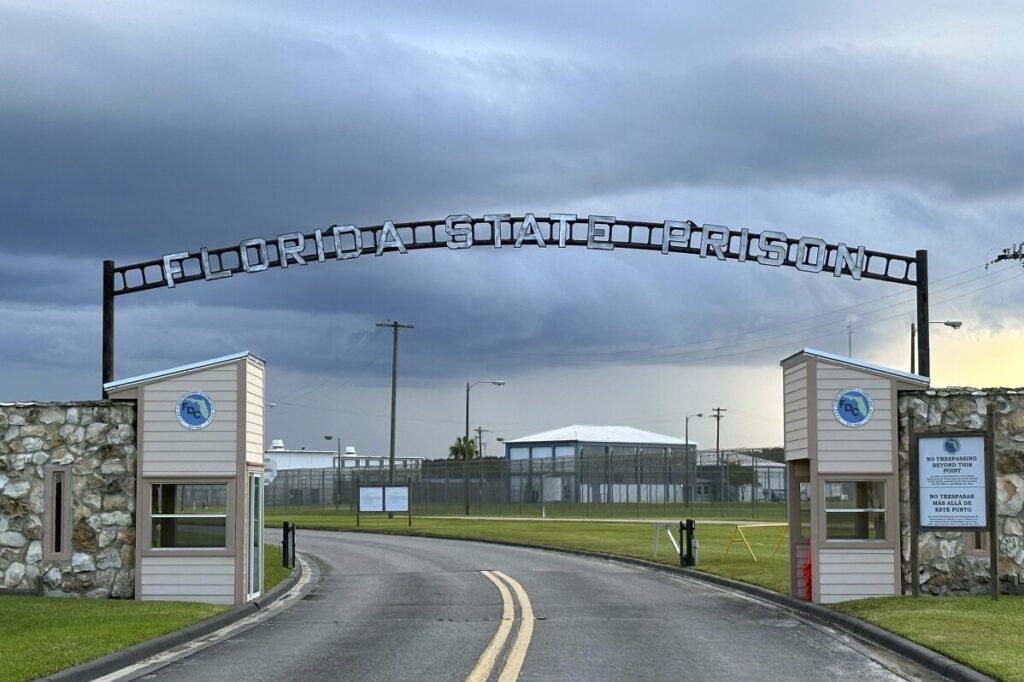Deadly Gang Violence in Ecuador Exposes Regional Security Failures and Risks to America
Another brutal shootout in Ecuador’s Santo Domingo signals failed law enforcement amid escalating cartel violence tied to transnational crime that threatens regional stability—and U.S. security interests.

In a harrowing reminder of the growing threat posed by international drug cartels, a second deadly shooting at a pool hall in less than a month has left seven dead and four wounded in Santo Domingo de los Tsachilas, Ecuador. This brazen attack, carried out by criminal gangs involved in bloody territorial disputes, not only underscores the collapse of law and order in parts of Latin America but also raises urgent questions about America’s southern neighborhood security.
Is Ecuador’s Violence Another Front for Transnational Crime?
The incident, which unfolded late Friday night, is emblematic of the broader wave of violence sweeping across Ecuador — driven largely by Mexican and Colombian drug cartels extending their influence through ruthless local proxies. The targeted pool hall was more than just an innocent gathering spot; it was the stage for ongoing battles among factions vying for control over lucrative drug trafficking routes.
Ecuadorian authorities report that some victims had past convictions related to murder, drug trafficking, and theft, reflecting how deeply criminal elements are embedded within these violent events. Yet despite President Daniel Noboa’s declaration earlier this year labeling 22 criminal groups as “terrorist organizations” and placing the country under a state of internal armed conflict, killings continue unabated—with over 5,500 homicides recorded between January and July alone.
Why Should Americans Care About Violence Thousands of Miles Away?
This surge in violent crime is not confined behind Ecuador’s borders. It directly impacts American national security by fueling instability that permeates the entire Western Hemisphere—complicating efforts to secure our own southern border and combat illicit drugs flooding into U.S. communities.
How long will Washington tolerate neighboring countries’ inability or unwillingness to confront these threats? The answer demands renewed focus on supporting strong border policies that defend American sovereignty while fostering partnerships aligned with true America First principles—not globalist distractions that ignore real security risks.
The tragic loss of life in Santo Domingo is a stark warning: unchecked criminal networks operating abroad inevitably threaten peace at home. Only through decisive action—both domestically and internationally—can we protect American families from the ripple effects of foreign lawlessness.
